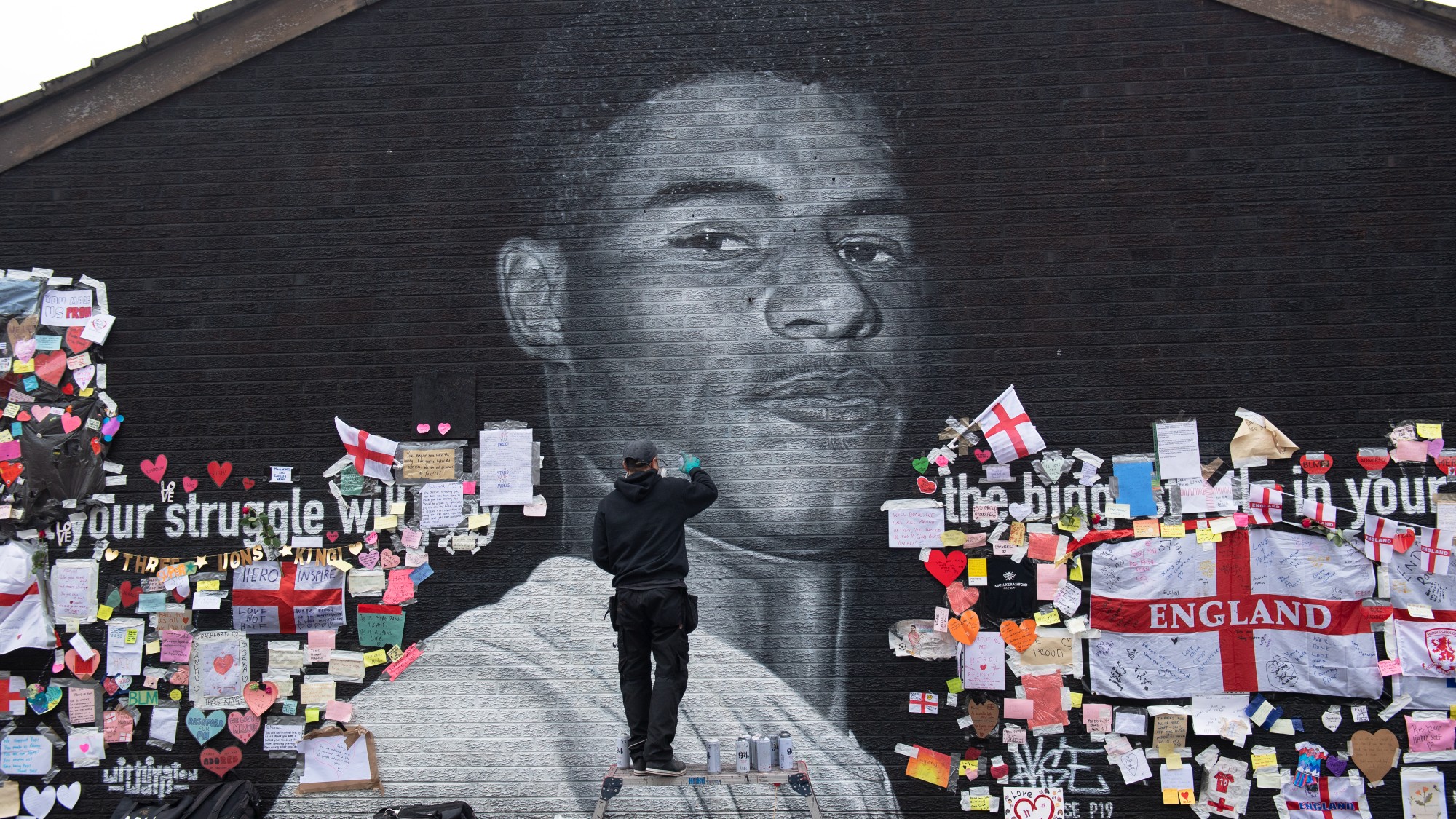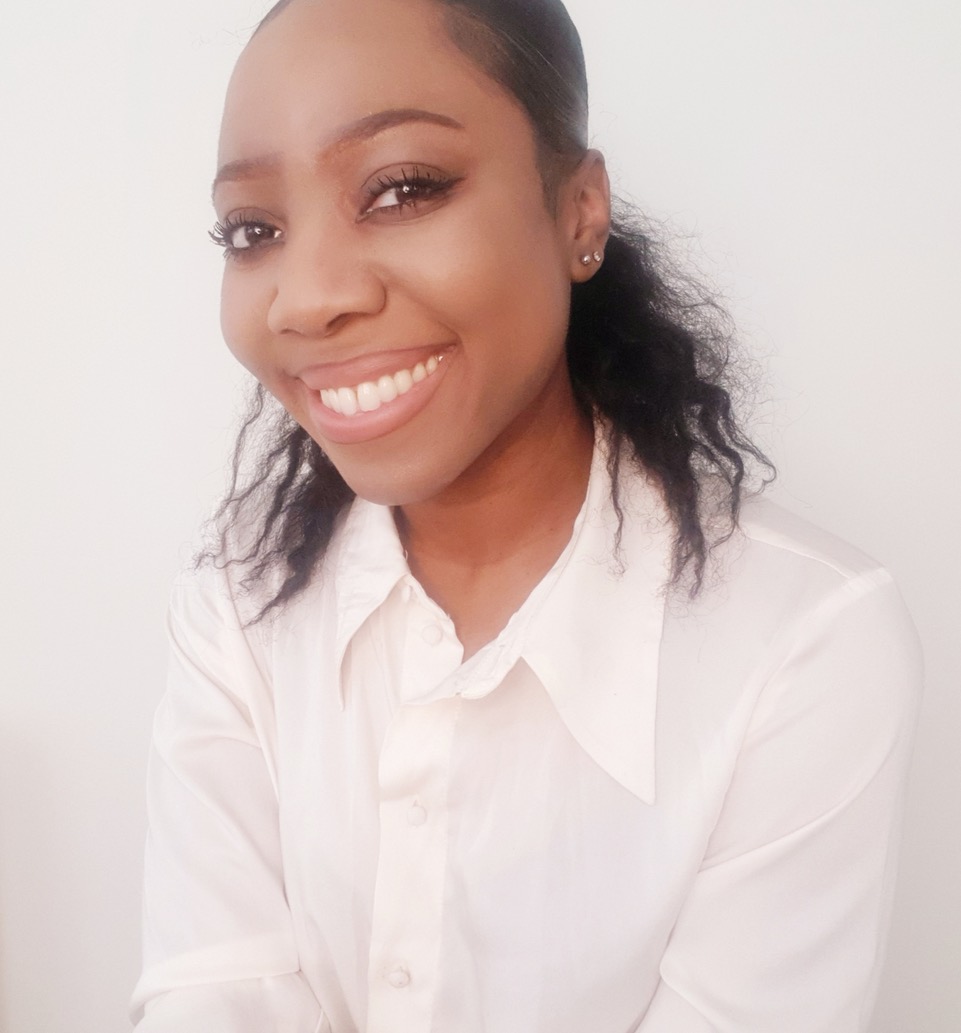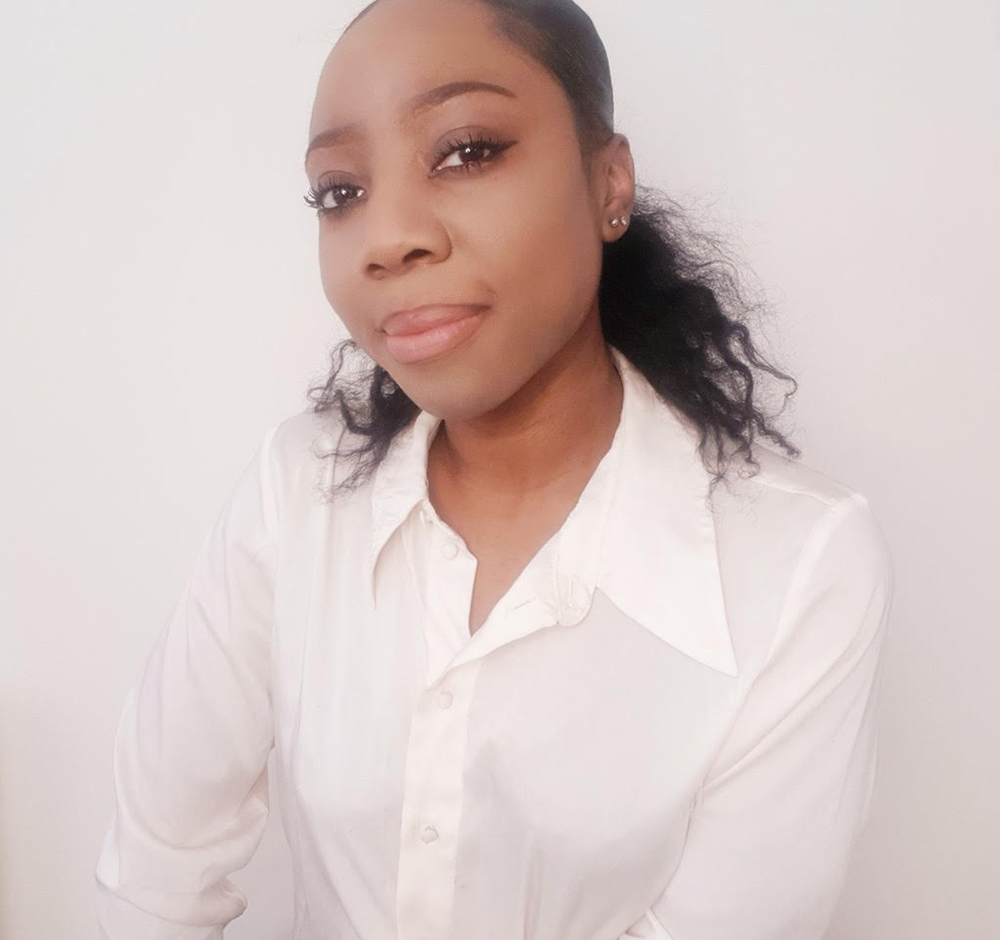Why it's time we changed the narrative around black success
In the wake of England players Marcus Rashford, Jadon Sancho and Bukayo Saka being targeted with racial abuse, we need to rewrite the narrative around black success and failure says Charlotte Greene, co-founder of Black Owned eXcellence network, The B.O.X.


In the wake of England players Marcus Rashford, Jadon Sancho and Bukayo Saka being targeted with racial abuse, we need to rewrite the narrative around black success and failure says Charlotte Greene, co-founder of Black Owned eXcellence network, The B.O.X.
It was impossible to avoid getting swept up in all the positive momentum around the England team’s rise to the finals of the Euros, and the buzz of unity around the country. But as that final match approached, my one prayer was that this would be an opportunity for the narrative to be changed around black players, and even black people. That there would be a collective coming together to celebrate diversity and talent.
Sadly though, it didn't pan out that way. The racist abuse started the second Italy won. Driving home through Waterloo, my inbox filled up with messages from friends and social groups showing screenshots of the racist tweets in which Rashford, Saka and Sancho were vilified. I felt sad and sickened.
'There's a double standard for black people when it comes to success'
Because it made me confront the fact once again that for black people there’s a double standard when it comes to success. Everyone would have loved those three black players if we’d won the final, but because they missed the penalties, some felt it was OK to target them with with extreme racial abuse. And sadly that’s the case for many black people today. Unless we’re knocking it out of the park, high achieving and out performing our counterparts, we’re just not doing well enough in the eyes of many. We're held to different standards.

The think-tank British Future recently released the results of a survey showing that 1 in 10 people regard Englishness as a racial identity. That 9 in 10 feel that Black people are also British is a great thing. But 10% of the population feel that black people can never truly be English.
In life and in work, black acceptance is often based on positive performance. Once you show your weaker side, you can quickly fall. Occasional failure and struggle are not an option to you – you have to overachieve at all times.
These three young players exemplified excellence in a multitude of ways. All from humble beginnings, their rise to success has involved an element of struggle. Between them there are excellent school exam results, inspirational talks for local kids and campaigns to feed underprivileged children. They are people who look for ways to pay it forward and help others from the same backgrounds. But it wasn't enough. They are made to feel they still don't belong.
Celebrity news, beauty, fashion advice, and fascinating features, delivered straight to your inbox!
'Successful black people need to be allowed to fail sometimes'
Thankfully, the vast majority of people still hold them up as absolute heroes, which at least feels like a positive. The outpouring of support and the beautiful messages has been heartening . The tour dates for a right wing ‘comedian’ who tweeted racist jibes have been cancelled, and an employee has been suspended from real estate firm Savills for the same reason. Petitions are being widely shared to get racists banned from football for life.
But the past few days has shown just how much work there is still to do. Creating a positive narrative around black people means celebrating the tryers as well as the successes in the black community. Rashford, himself moved to tears by the messages of love and support said that while he apologises for letting the team down, he’d never apologise for who he is. He shouldn’t even have to m asake such a statement.
Successful black people need to be allowed to fail sometimes, whether running a business or taking penalties. Its the reason why I launched The B.O.X, an equity funding platform to celebrate and support black-owned excellence, and change the ecosystem in order to help black entrepreneurs overcome the boundaries and existing struggles to get to a place of greatness.
Its time to change the narrative around black success.
Charlotte Greene is a co-founder of Black Owned eXcellence network, The B.O.X, bringing together a community of investors and business experts looking for the next generation of exciting venture opportunities. The B.O.X is on a mission to address the lack of Black business ownership and economic influence in the UK.
